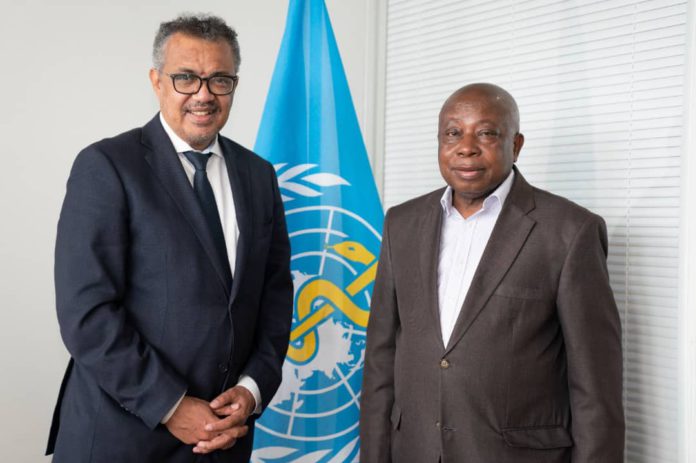
Ghana has eliminated gambiense Human African Trypanosomiasis, commonly known as Sleeping Sickness, as a disease of public health concern.
The World Health Organization’s (WHO) Director General, Dr Tedros Adhanom Ghebreyesus, in a tweet, congratulated the government, health workers and communities for working towards the elimination of the disease.
“This is a historic achievement, proving once again that with dedication and team work we can,” he said in the tweet.
In West Africa, Togo in 2020 received validation from the WHO for having eliminated human African trypanosomiasis or “sleeping sickness” as a public health problem, becoming the first country in Africa to reach this milestone.
Sleeping Sickness is a vector-borne parasitic disease.
It is caused by infection with protozoan parasites belonging to the genus Trypanosoma.
They are transmitted to humans by tsetse fly ( Glossina genus) bites, which have acquired their infection from human beings or from animals harbouring human pathogenic parasites.
The disease is found in 36 countries in sub-Saharan Africa, untreated sleeping sickness is almost always fatal.
The people most exposed to the tsetse fly and to the disease live in rural areas and depend on agriculture, fishing, animal husbandry or hunting with limited access to adequate health services.
The disease is transmitted through Mother-to-child infection, where trypanosome can cross the placenta and infect the fetus.
It is also transfered through mechanical transmission through other blood-sucking insects.
Accidental infections have occurred in laboratories due to pricks with contaminated needles.
Transmission of the parasite through sexual contact has also been reported.






